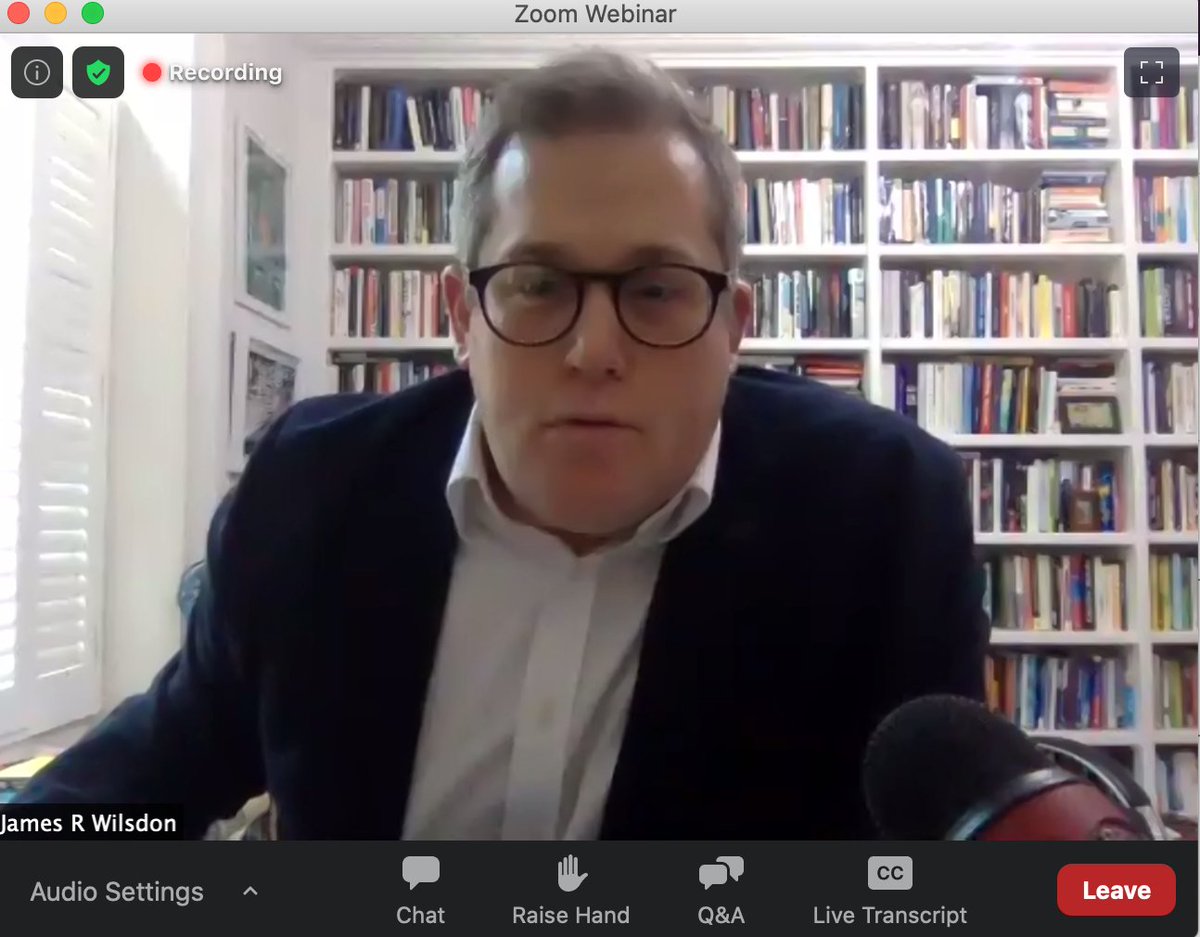An important post (by @Reema__Patel and @AidanPeppin) at any time, but even more resonant given the global protests sparked by the death of George Floyd Making visible the invisible: what public engagement uncovers about privilege and power in data systems buff.ly/2XFzDEI
Lots of powerful quotes in the post, but one stood out for me... 2/
“CCTV [means] you’re less likely to act outside what’s acceptable, because you’re under observation. So you modify your own behaviour, you stop being as wild, or as wonderful, or as kinky, or as strange, or as bizarre, as beautiful as you could possibly be [cont...] 3/
"...And no-one has asked us if we want to live in that society.”
For me, this is the point, our tech is shaped by our culture and biases, and it in tech shapes society. We have to involve everyone in shaping the society we live in and not leaving it to default 4/
For me, this is the point, our tech is shaped by our culture and biases, and it in tech shapes society. We have to involve everyone in shaping the society we live in and not leaving it to default 4/
• • •
Missing some Tweet in this thread? You can try to
force a refresh





